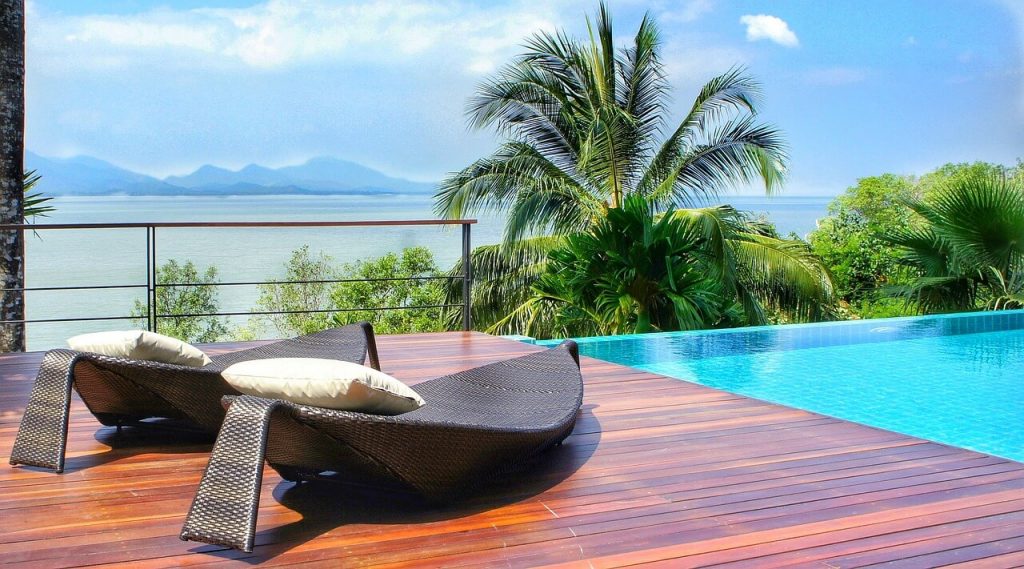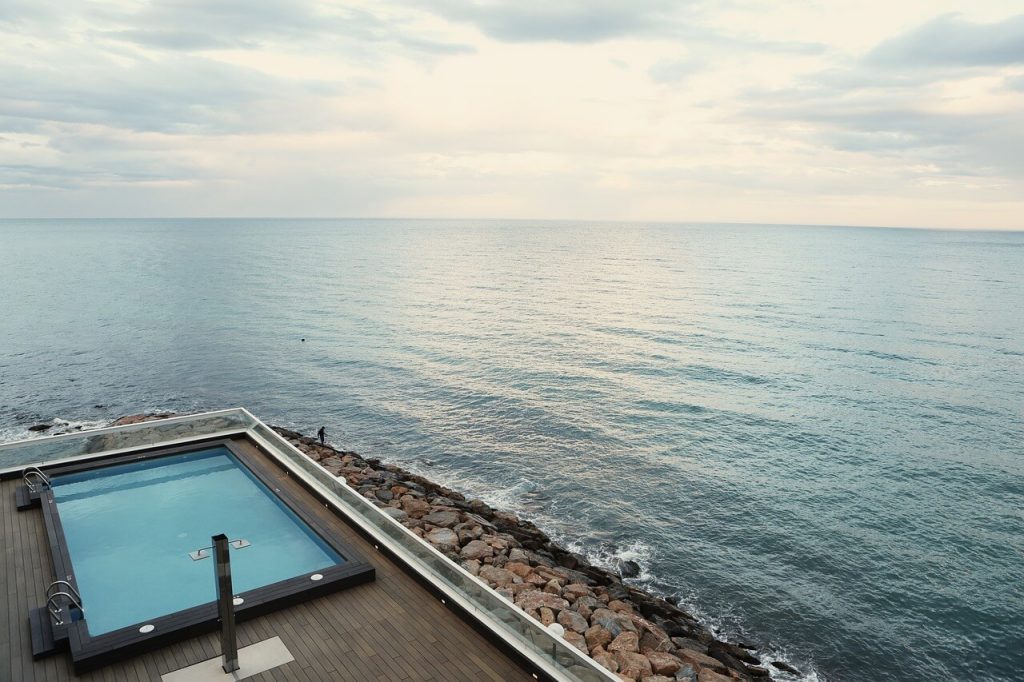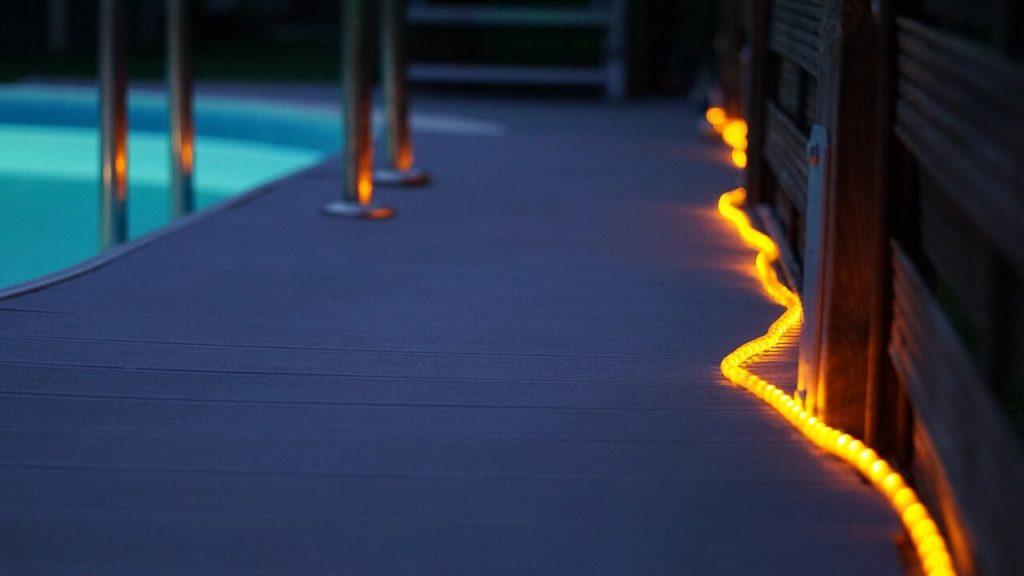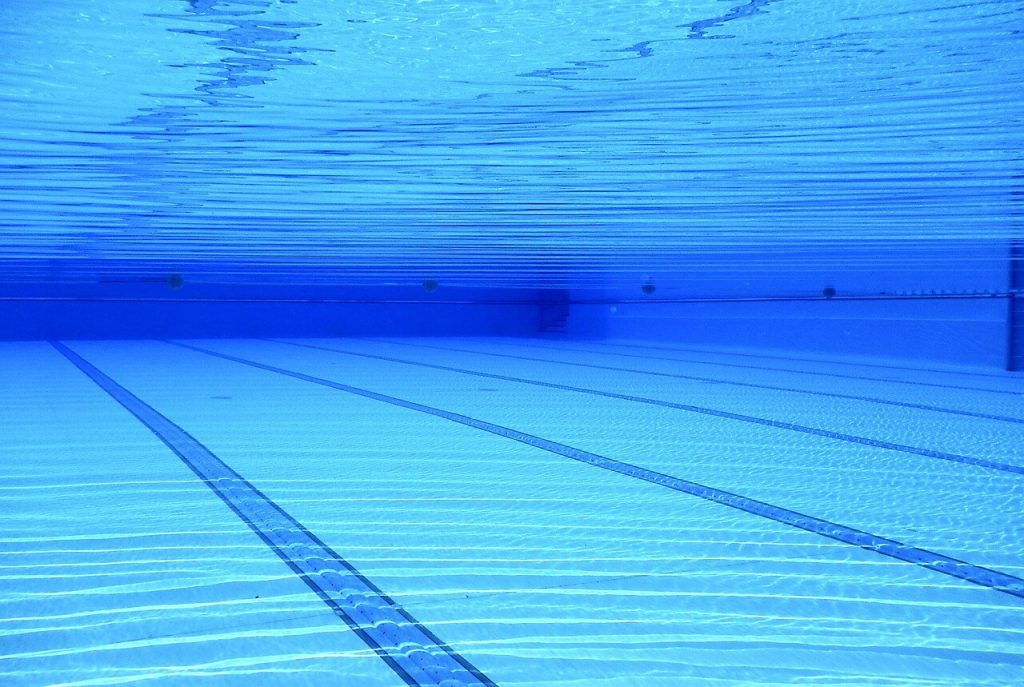If you are planning a wood deck around your swimming pool, you need to know that the lumber you choose must be suitable for the specific design of the pool. Here are some more tips more tips:
- Be sure that the wood is durable and that it will remain structurally sound. Also, the wood needs to be treated in a way that will ensure it won’t deteriorate, and get eaten by bugs.
- Look at different wood species and determine how suitable each kind is for your climate and region. This should be a simple decision; but, unfortunately, it is not. See, all not all wood is created equal. Even pine, which is a favorite with many deck contractors, comes in different guises.
- Know the difference between hardwoods and softwoods. Yes, it can be rather confusing, especially because this categorization has absolutely nothing to do with the strength of durability of wood. The deference between hardwoods and softwoods is a botanical one. If you look at two rather bizarre extremes, you will see that balsa wood, which is really soft and easy to carve, is a hardwood; but redwood, which is great for pool decks, is botanically defined as softwood.
So what’s the difference, and how on earth will you know where to start with your pool deck?
To simplify the issue, just remember that hardwoods are felled from broad-leafed species, and softwoods come from conifers, which are trees that have prickly needles and cones. Softwoods are usually less expensive than hardwoods, and they are also easier to work with. Hardwoods are more commonly tough.

When it comes to softwoods that are suitable for pool decks, you’re basically looking at pine. There are lots of different species, but those that grow more slowly are the best, which also makes them more expensive. So at the top of the pile you’ll find Oregon pine, which is a lot stronger than other types. It comes from the Douglas fir, which is indigenous to British Columbia, and is grown as a plantation tree in temperate climates. But it does cost.
There are other types of pine that are used for pool decks, including red pine, Ponderosa pine and yellow pine (which has fewer knots). Find out what is available and make sure you research locations where the wood has been used successfully as pool decking.
Whatever your choice, pressure-treated lumber is best for pool decks.



